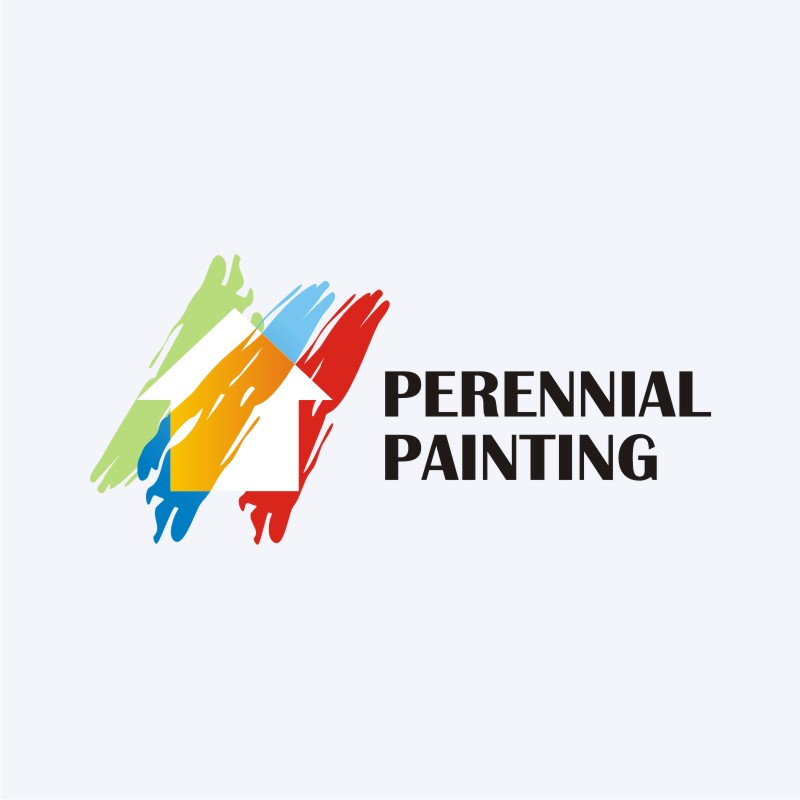The Advantages Of Using Primer Prior To Repainting
The Advantages Of Using Primer Prior To Repainting
Blog Article
Web Content Create By-Harrington Crawford
When you're preparing to paint, using guide can make a significant difference in the final outcome. It improves bond, ensuring your paint sticks well and lasts longer, while likewise improving color vibrancy-- making tones appear richer and more true to develop. Plus, it aids prevent issues like peeling and damaging. Nevertheless, many forget simply exactly how functional guide is and the effect it can have throughout numerous surface areas. Understanding these advantages might transform how you approach your next job, specifically when considering what primer can really use.
Improved Attachment
Using primer prior to paint considerably boosts adhesion, guaranteeing your overcoat sticks better and lasts longer. When you use guide, it develops a strong base that enables your paint to hold the surface better. This is especially vital on permeable or irregular surface areas like raw wood or drywall, where paint alone might struggle to stick properly.
You might discover that without guide, the paint can peel or chip a lot more easily, bring about an irritating and taxing repainting process. By utilizing primer, you're minimizing the chance of this problem and enhancing the longevity of your finish. It's not almost sticking; it has to do with developing a strong bond that stands up to the test of time.
Additionally, guide aids secure the surface, avoiding dampness from seeping through and creating damages. This is especially beneficial in high-humidity areas or on surfaces exposed to the aspects.
Improved Shade Vibrancy
A high-grade guide can change your paint task by enhancing shade vibrancy. When you use a primer, it creates an uniform surface area that permits your paint to beam.
Without it, you might discover shades looking plain or washed out, especially on permeable or irregular surfaces.
Making use of primer aids to make certain that the pigments in your paint pop, giving your ended up work an extra vivid and saturated appearance.
You'll observe that even a single coat of paint can show up richer and a lot more true to its color when applied over a good primer. linked resource site is particularly vital when you're dealing with bold tones or elaborate layouts.
Additionally, guide aids to reduce the number of paint layers required to achieve your preferred color.
Instead of layering on numerous layers to accomplish deepness and vibrancy, you can commonly escape one or two, saving you both time and money.
Enhanced Resilience
Applying primer before paint dramatically enhances the durability of your finish. When you use primer, you develop a strong structure that aids the overcoat adhere better to the surface area. exterior house painting services implies your paint is much less likely to peel, split, or discolor gradually. If you miss this critical action, you're running the risk of premature damage on your beautiful brand-new paint work.
Additionally, primer serves as an obstacle versus dampness, discolorations, and various other damaging elements. It safeguards your paint from the underlying surface area, especially if you're dealing with porous products like wood or drywall. This added layer of security helps keep your surface's stability, guaranteeing it withstands the examination of time.
Furthermore, utilizing a primer particularly developed for the surface kind you're painting can enhance resilience even additionally. As an example, a high-grade outside primer can ward off UV rays and severe weather conditions, while an interior primer can stand up to stains and scuffs.
Verdict
In conclusion, making use of primer prior to paint makes a noticeable difference in your job. You'll enjoy enhanced adhesion, which helps stop peeling and breaking, while the enhanced color vibrancy guarantees your coating looks striking. Plus, the increased longevity implies your paint work will certainly last longer, conserving you money and time in the future. So, whether you're taking on a tiny DIY project or a bigger improvement, don't skip the guide-- it's a game-changer!
